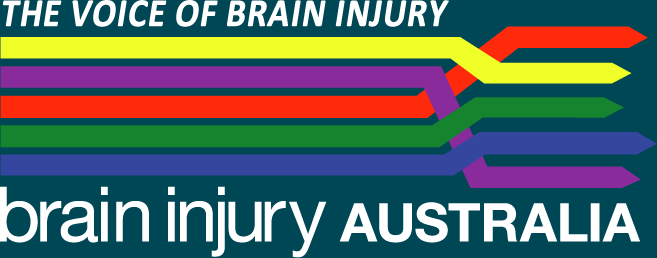In Family Violence
Women who are victims of family violence often suffer injury to their head, neck, and face.
Many people who are victims of family violence suffer a traumatic brain injury.
Women who are victims of family violence are more likely to have repeated injuries to the head. As injuries accumulate, likelihood of full recovery dramatically decreases.
Severe, obvious trauma does not have to occur for brain injury to exist. A woman can sustain a blow to the head without any loss of consciousness or apparent reason to seek medical assistance, yet display sustain a brain injury and display symptoms of TBI.
The risk of brain injury may be compounded by drug and alcohol abuse.
In turn, a person’s risk of drug and alcohol abuse may be increased by both brain injury and family violence.
Many women suffer from a TBI unknowingly and mis-diagnosis is common
Many women suffer from a TBI unknowingly and misdiagnoses is common since symptoms may not be immediately apparent and may mirror those of mental health diagnoses. In addition, subtle injuries that are not identifiable through MRIs or CT scans may still lead to cognitive symptoms.
Having a brain injury can make negotiating complex life circumstances particularly difficult.
Women who are victims of family violence are also negotiating a very complex set of life circumstances.
Having a brain injury is likely to make negotiating this even more difficult than it would otherwise be.
A person with a brain injury may be more vulnerable to becoming a victim of family violence due to their loss of agency and care arrangements.
A brain injury cause cause cognitive and other difficulties which may make it more difficult for the person to put in place safety plans, etc.
Service providers are often unaware of the high risk of a traumatic brain injury in victims.
As a result professionals often fail to link the psychodynamic issues presented by the victims and the challenges emerging from an undiagnosed brain injury. Without linking family violence and brain injury, they fail to recognize brain injury so are unable to refer for appropriate brain injury services and related rehabilitation services.
The evidence available indicates that rates of brain injury are disproportionately high in perpetrators of family violence
Symptoms of brain injury can include challenging behaviours and difficulties regulating emotions.
While there are many useful interventions there are also many gaps in services.
